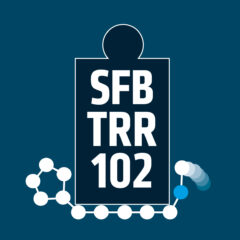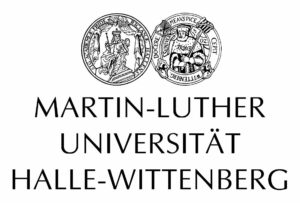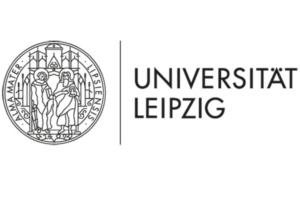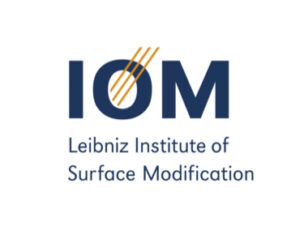9:15 am @ lecture hall, Härtelstraße 16/18, 04107 Leipzig
Solid state NMR spectroscopy, Faculty of Chemistry, Technical University of Munich
“Aggregation kinetics and amyloid fibril structure probed by solution and MAS solid-state NMR spectroscopy”
Abstract:
Systemic antibody light chains (AL) amyloidosis is characterized by deposition of amyloid fibrils derived from a particular antibody light chain.
In this talk, I will show solution and MAS solid-state NMR experiments to characterize the aggregation of a particular patient protein. The focus is put on a human protein sequence for which adipose and heart tissue material is available from a patient. It is shown that ex vivo material allows to reproduce the amyloid fibril structure in vitro by employing a seeding procedure. MAS solid-state NMR experiments yield information on the conformation of the amyloidogenic core and allow to probe interactions with small molecules that potentially interfere with the aggregation process.
It has been shown that soluble oligomeric protein has a direct cytotoxic effect on cardiomyocytes prior to protein aggregation and organ malfunction. Removal of circulating pathogenic light chains by chemotherapy yields a drastic reduction of the concentration of biomarkers reporting on cardiac dysfunction. Using solution-state NMR spectroscopy, we follow the individual steps involved in protein misfolding at atomic resolution. We show that the natively folded protein first partially unfolds, before it converts into a high molecular weight molten globule like structure. Oligomer formation implies high local concentrations of aggregation prone regions which catalyze the subsequent conversion into amyloid fibrils. We show that the topology of the aggregated state is determined by balanced electrostatic interactions in the core of the fibril, resulting in an anti-parallel arrangement of the beta-sheets around the conserved disulfide bond.






